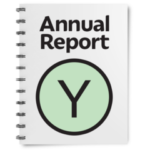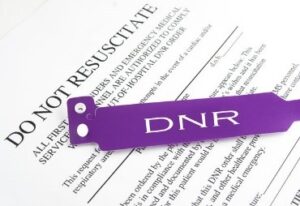
We know that for people with learning disabilities, there is lots of bad practice around DNR decisions.

Since the outbreak of Covid-19 we have worried this might have got worse.

This is our latest update on DNR decisions.
It talks about what we know is happening and what can be done to challenge bad decisions.
What is a DNR?

A Do Not Attempt Cardio Pulmonary Resuscitation order is a medical document.
They are sometimes called DNACPR or DNAR or DNR.
DNACPR is the official name. On this page we are going to call it DNR because its more accessible.

It means that if someone’s heart stops working doctors will not try to restart it.

Doctors should only put a DNR order on someone’s file if they believe someone is dying and there is no chance they will get better.

If doctors do not think restarting someone’s heart will help them get better, they will create a DNR order.

You and your family should be included in decisions about this.

No one should have a DNR put on their file just because they have a learning disability.
The LeDeR report

In July the LeDeR report for 2019 came out.
The LeDeR report looks at all the people who have a learning disability who have died in the last year.

It is to help us think about why people have died and how we can stop preventable deaths.

Of the deaths looked at in the report, 16% had a DNR decision that did not follow the proper guidelines.
The report confirms that illegal DNR decisions happened in 2019.
LDE Surveys

Because we know things were going wrong with DNRs in 2019 we have been worried that it might have got worse because of coronavirus.

In April we asked members if they had seen any changes in how many people were given DNRs.

18 organisations had seen DNRs placed in people’s medical records without consultation in March and April.

About 66% of the organisations replying did not report an increase in DNRs in 2020 for the people they support.

We asked members again over May and June if they had seen any changes.
Less members told us what they were seeing in this survey.
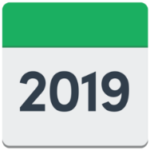
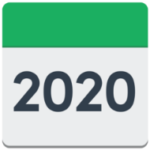
We asked people to think about the kinds of DNR decisions they saw last year and the kinds they saw this year.
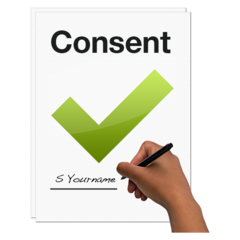
We asked, have you seen people or their families having an informed choice about having a DNR notice in place?
This means that people were included in making the decision and understood what was happening.

3 organisations saw less people in this situation than last year

3 saw similar numbers to last year

6 saw more people in this situation than last year
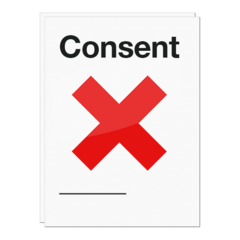
We asked, have you seen any blanket DNR decisions being made without the person or their family’s being involved?
A blanket DNR decision means that a doctor has made the decision because someone has a disability and not because they need a DNR.

2 organisations saw less people in this situation than last year

6 saw similar numbers to last year

4 saw more people in this situation than last year

The NHS has said no blanket decisions should be made.
We are worried that 10 organisations have seen blanket decisions happen.
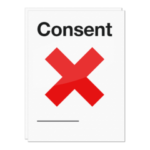

We asked, have you seen any DNR orders on people’s medical records where they and their families didn’t know about it?

2 organisations saw less people in this situation than last year

5 saw similar numbers to last year

5 saw more people in this situation than last year

We are glad that some organisations have seen DNRs being used properly and less bad practice.

We are worried that some organisations have still seen blanket decisions being made or decisions made without people being involved.
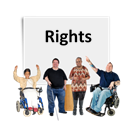
It is important that we understand our rights around DNR decisions so we can make that they are lawful.
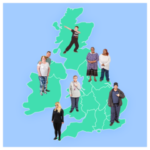
We know this survey doesn’t tell us everything that’s happening.

It does tell us that some people were seeing bad practice last year and that it is still happening now.

We have helped make a guide, so people know their rights and how to challenge bad decisions.
A Guide on how to challenge DNRs

We wanted to make sure people know their rights and can challenge doctors if DNRs are put in place when they shouldn’t be.

We have made this guide in partnership with Turning Point.
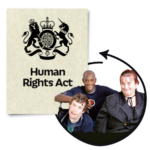
The guide has
- Information about the law and human rights
- A checklist to help you think about what you can do to challenge DNRs

- Template letters for challenging or getting doctors to help
- Example DNR form so you know what it looks like.

Here is an easy read about rights.

Here is an easy read about the questions you can ask to challenge
We have two versions of the full pack.

There is a interactive digital of the pack which you can view here.
This version helps you identify your issue and takes you to the right template.

There is also a printable version. You can view it here.

You can download this report by clicking here
